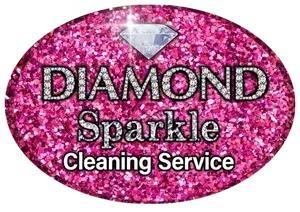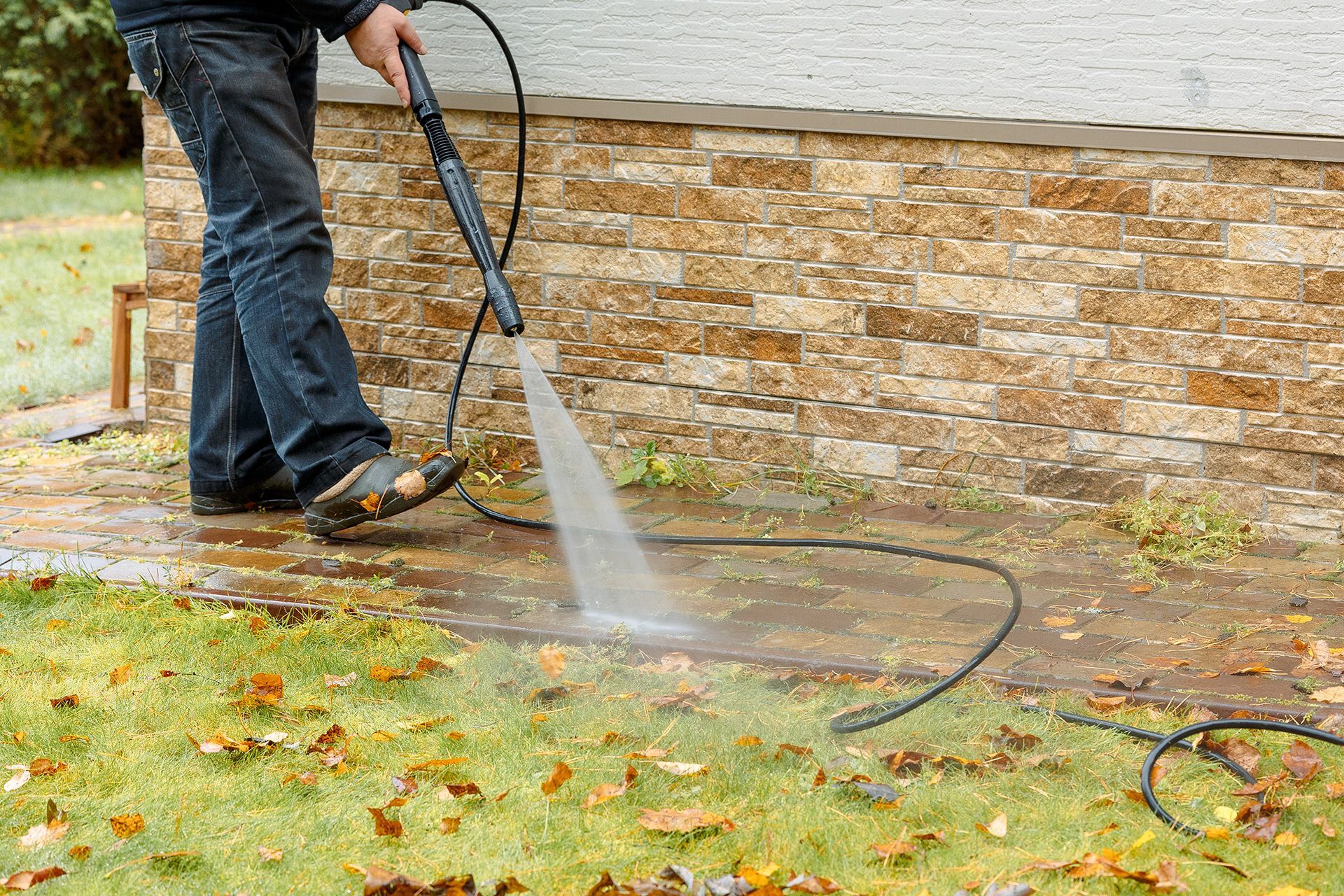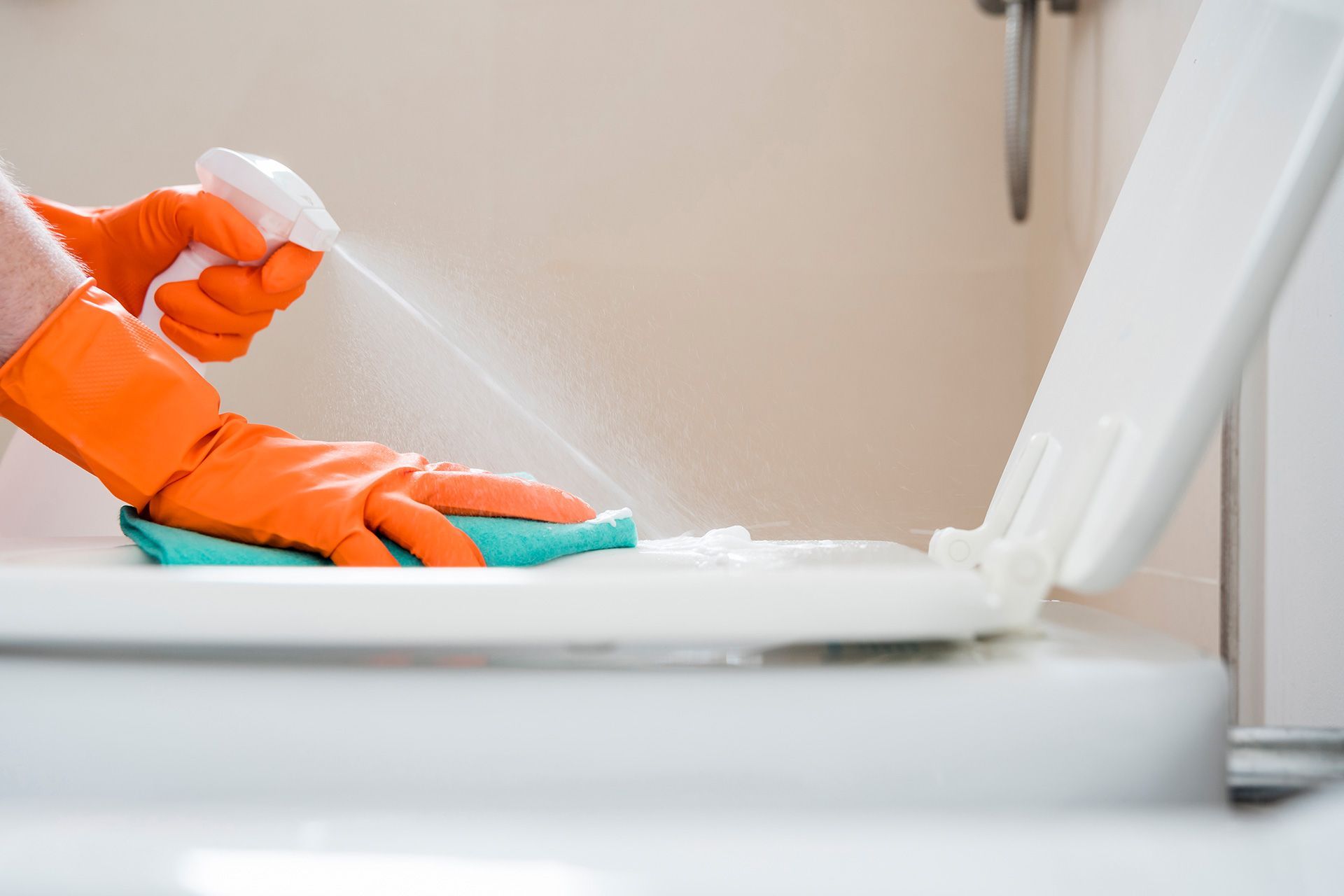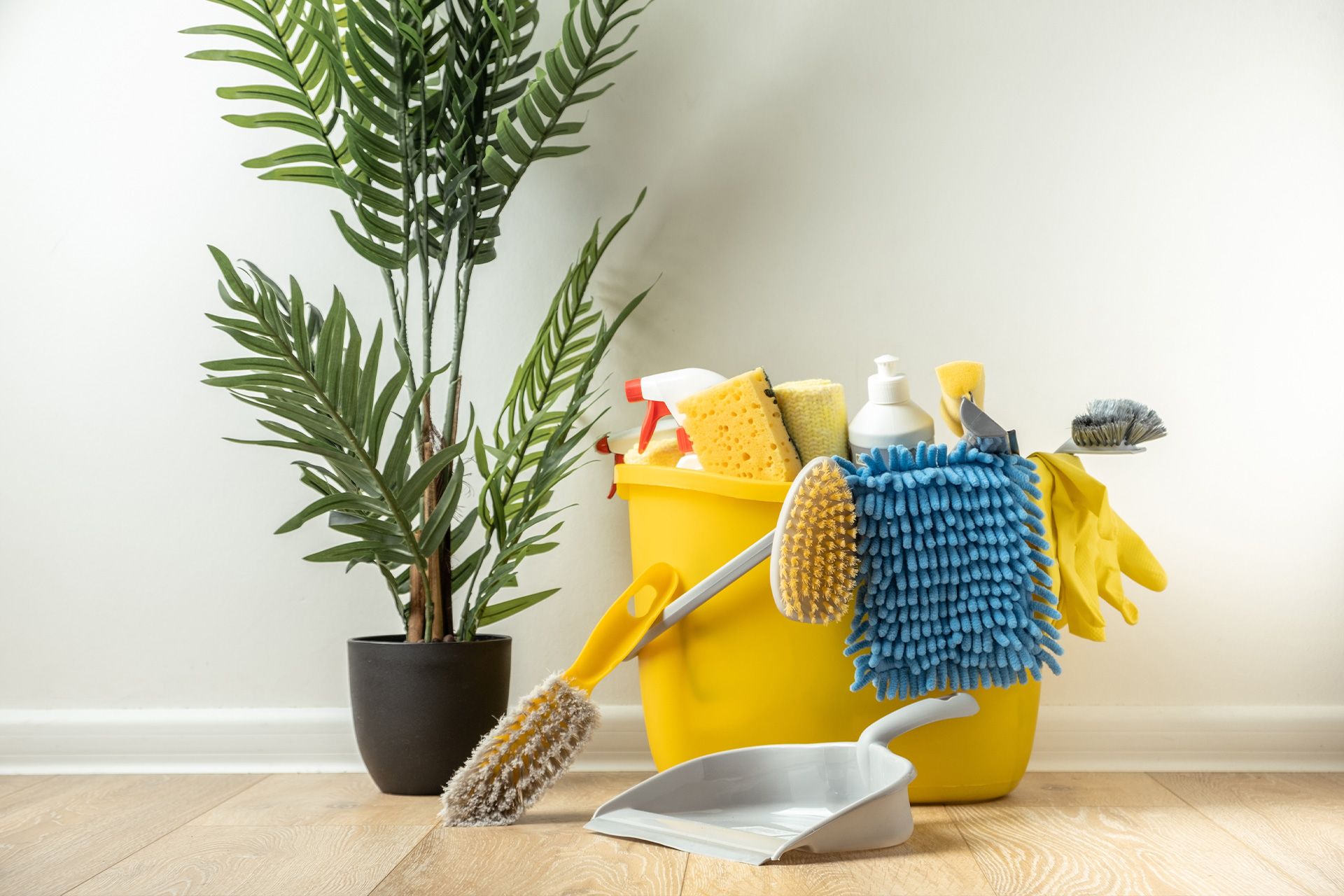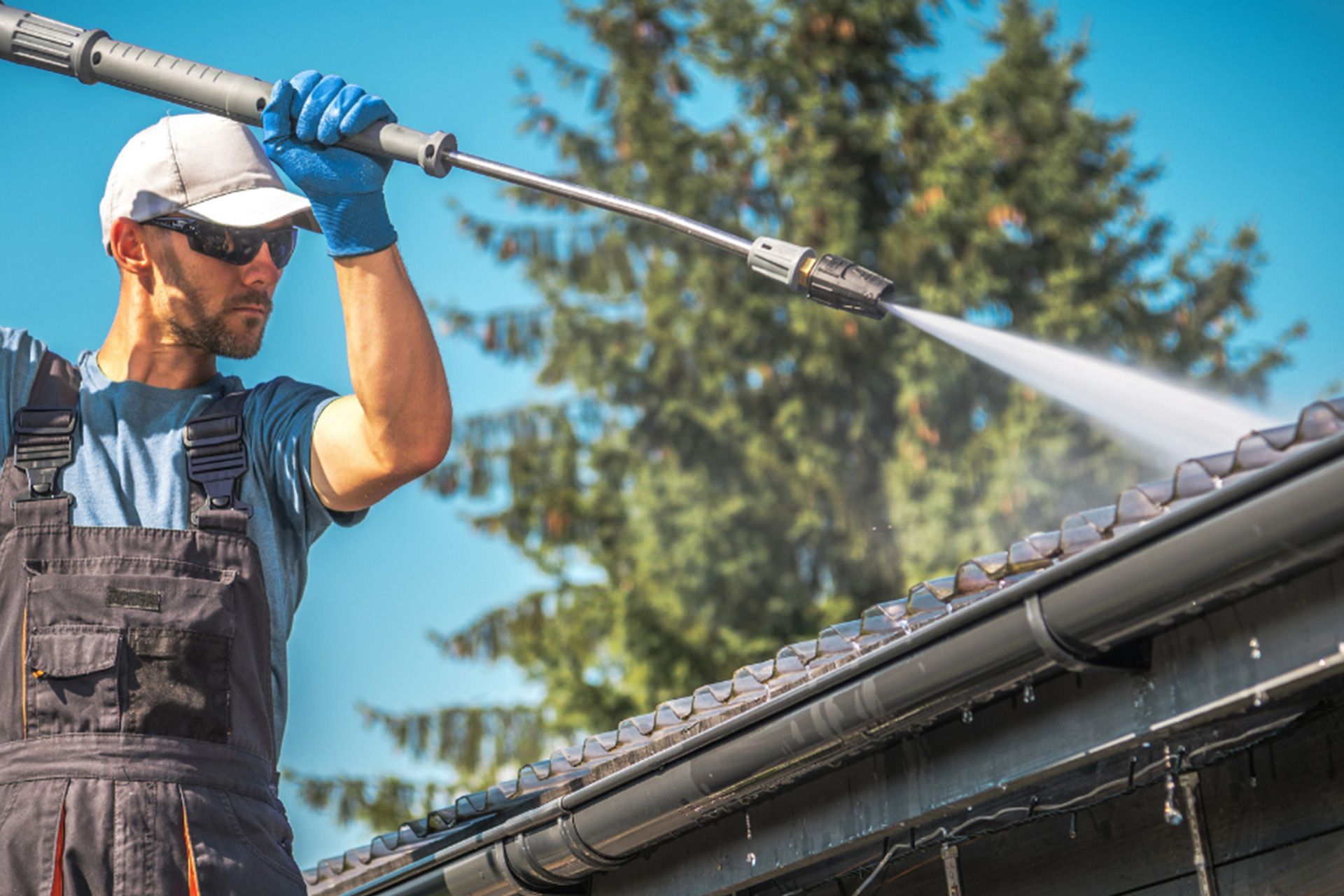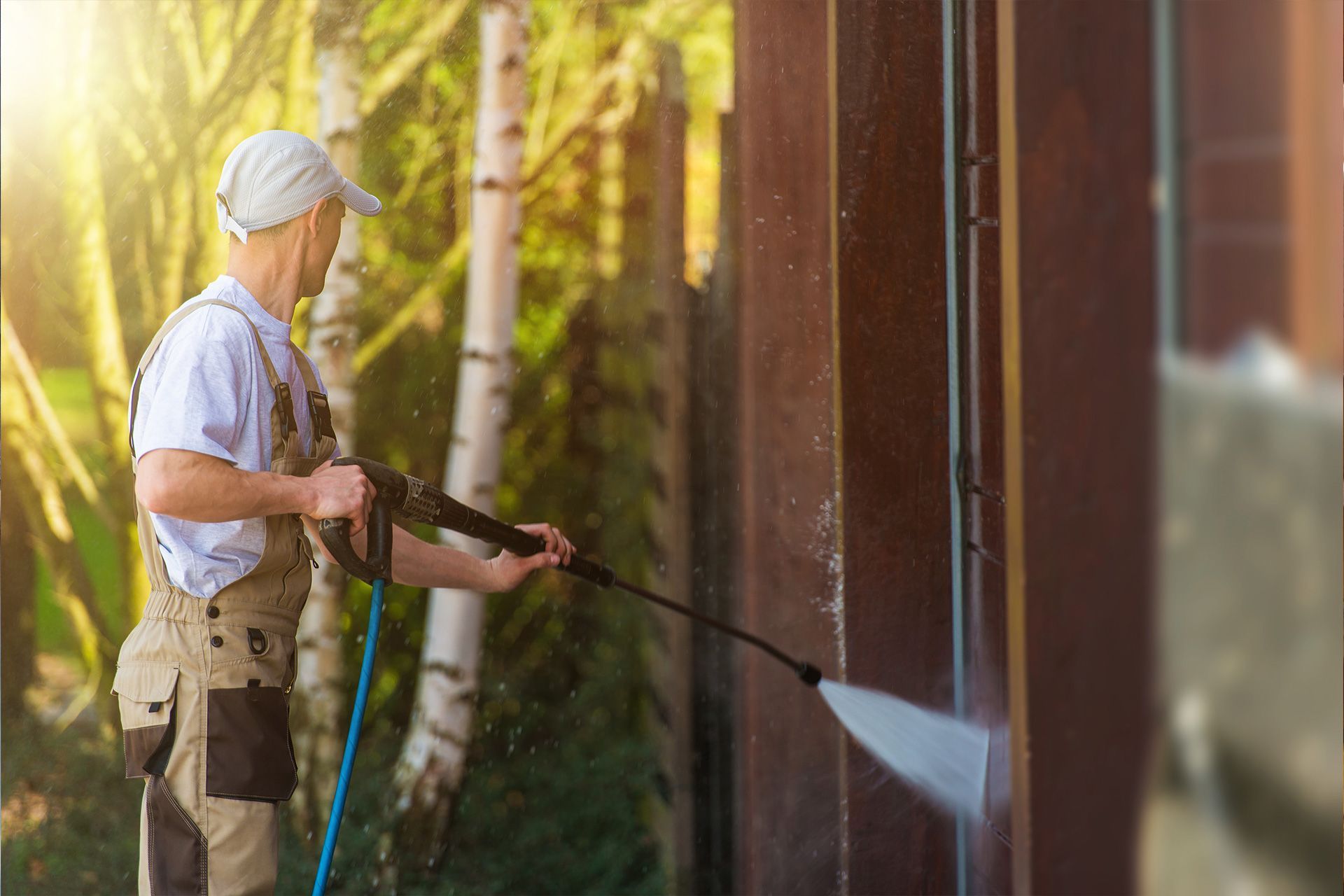How Many PSI Do You Need to Pressure Wash Concrete?
Pressure washing concrete can make driveways, sidewalks, and patios look brand new again. But one common question homeowners have is: how much PSI do you need to pressure wash concrete?
If the pressure is too low, the dirt and grime stay behind. Too high, and you risk damaging the surface. In this article, we’ll explain the right PSI settings, share expert concrete pressure cleaning tips, and help you choose the right equipment for the job.
What Is PSI and Why Does It Matter?
PSI stands for pounds per square inch. It measures how much pressure the water has when it leaves your pressure washer’s nozzle.
Think of PSI as the "power" of your washer. The higher the PSI, the stronger the water stream. But that doesn’t always mean higher is better especially when cleaning delicate surfaces. When it comes to concrete, PSI matters because it determines how effectively you can remove:
- Deep-set oil stains
- Mold, algae, and mildew
- Rust spots
- Built-up dirt and grime
Concrete is a tough surface, but it can still be damaged by excessive pressure or improper techniques.
The Ideal PSI for Pressure Washing Concrete
For most concrete surfaces, you’ll need a pressure washer with at least 3000 PSI and a water flow rate of 3–4 gallons per minute (GPM). Here’s a general guideline based on the type of surface:
| Surface Type | Recommended PSI Range | Notes |
|---|---|---|
| Light concrete (patios, pool decks) | 2500–2800 PSI | Use a wide-angle nozzle |
| Standard driveways & sidewalks | 3000–3200 PSI | Ideal for most residential cleaning |
| Heavily stained or greasy concrete | 3200–3500 PSI | Combine with detergent for best results |
| Commercial/industrial concrete | 3500–4000+ PSI | Hill |
Expert tip: Always start at a lower PSI and increase gradually until you find the right level of cleaning power without causing damage.
Electric vs. Gas Pressure Washers for Concrete
When cleaning concrete, not all pressure washers are created equal.
Electric Pressure Washers
- Typically range between 1500–2000 PSI
- Best for light cleaning tasks like cars, furniture, or decks
- Not strong enough for deep concrete cleaning
Gas Pressure Washers
- Range between 2500–4000+ PSI
- Ideal for driveways, sidewalks, and patios
- Portable and powerful, but require more maintenance
If you’re tackling a large concrete area or heavy buildup, a gas-powered pressure washer is the better choice.
Choosing the Right Nozzle for Concrete Cleaning
The nozzle plays a huge role in how pressure is applied to the surface. Pressure washer nozzles are color-coded for easy identification:
| Nozzle Color | Spray Angle | Best Use |
|---|---|---|
| Red (0°) | Direct stream | Heavy stains, not for general concrete use |
| Yellow (15°) | Medium pressure | Great for driveways and tough grime |
| Green (25°) | General cleaning | Ideal for most concrete surfaces |
| White (40°) | Light pressure | For rinsing or delicate surfaces |
Concrete pressure cleaning tip: Use a 15° or 25° nozzle for best results on concrete during pressure wash. Avoid using a 0° nozzle it’s too strong and can etch the surface.
Step-by-Step Guide to Pressure Washing Concrete
Follow these steps to get professional results without damaging your concrete:
1. Clear the Area
Remove furniture, planters, and vehicles. Sweep away loose dirt and debris.
2. Pre-Treat Stains
Apply a concrete cleaning detergent or degreaser on oil or rust stains. Let it sit for 5–10 minutes to loosen the grime.
3. Set the Right Pressure
Start with around 2500 PSI and test a small spot. Gradually increase pressure up to 3000–3500 PSI as needed.
4. Use Proper Technique
Hold the wand about 12–18 inches from the surface. Move in smooth, overlapping passes to avoid streaks.
5. Rinse Thoroughly
Once cleaned, rinse the area with a wide-angle nozzle to remove all soap and residue.
6. Seal the Surface (Optional)
After drying, apply a concrete sealer to protect against stains and weather damage.
Common Mistakes to Avoid
Even with the right PSI, mistakes can cause damage or poor results. Avoid these common errors:
- Using too high PSI: Can chip or pit the concrete.
- Holding the nozzle too close: May leave visible lines or etch marks.
- Skipping pre-treatment: Makes it harder to remove deep stains.
- Not sealing afterward: Leaves concrete vulnerable to future damage.
- Ignoring safety gear: Always wear eye protection and gloves.
Concrete Pressure Cleaning Tips from the Pros
To achieve a spotless finish and protect your concrete, follow these expert tips:
- Clean on a mild day: Avoid direct sunlight, which can dry detergent too fast.
- Work in sections: Divide large areas for consistent cleaning.
- Use detergent wisely: Eco-friendly cleaners reduce chemical runoff.
- Regular maintenance: Wash concrete every 6–12 months to prevent buildup.
- Hire professionals for large jobs: Experienced technicians use the right PSI and tools for perfect results.
At Diamond Sparkle Cleaning, our technicians use commercial-grade equipment and safe cleaning techniques to restore concrete surfaces across South Florida.
How to Know If You’re Using the Right PSI
Here’s a quick checklist to see if your pressure setting is right:
- Dirt and grime lift easily after one or two passes
- Surface looks evenly clean without etching
- No visible streaks or circular marks
- Minimal water pooling
If you notice pitting, chipping, or gouging, reduce the PSI immediately and switch to a wider nozzle.
Safety Tips When Pressure Washing Concrete
Pressure washers are powerful tools that can cause injuries or damage if not used properly. Keep these safety reminders in mind:
- Always wear closed-toe shoes, gloves, and goggles.
- Never aim the spray at people or pets.
- Avoid using ladders use an extension wand instead.
- Don’t use bleach or harsh chemicals unless they’re rated safe for your washer.
Final Thoughts
The right PSI for pressure washing concrete depends on your surface type and dirt level, but in most cases, 3000–3500 PSI is ideal. Combine that with proper nozzles, cleaning agents, and techniques, and your concrete will look as good as new.
Whether it’s your driveway, sidewalk, or patio, using these concrete pressure cleaning tips ensures you get professional results safely and effectively.
Want spotless concrete without the hassle? Contact
Diamond Sparkle Cleaning today for professional pressure washing services in South Florida!
Frequently Asked Questions
Can I use a 2000 PSI pressure washer on concrete?
You can, but it won’t remove deep stains effectively. A 2000 PSI washer may work for light dirt, but not for heavy grime or oil stains.
What is the best PSI for cleaning a concrete driveway?
A pressure washer between 3000–3500 PSI works best for concrete driveways.
Should I use hot or cold water for pressure washing concrete?
Hot water cleans better when removing oil or grease. For general dirt, cold water works fine.
How often should I pressure wash my concrete surfaces?
Once or twice a year is ideal to maintain curb appeal and prevent buildup.
Can pressure washing damage concrete?
Yes, if the PSI is too high or the nozzle is too close, it can chip or erode the surface. Always test a small area first.
Disclaimer: The information on this website and blog is for general informational purposes only and is not professional advice. We make no guarantees of accuracy or completeness. We disclaim all liability for errors, omissions, or reliance on this content. Always consult a qualified professional for specific guidance.
